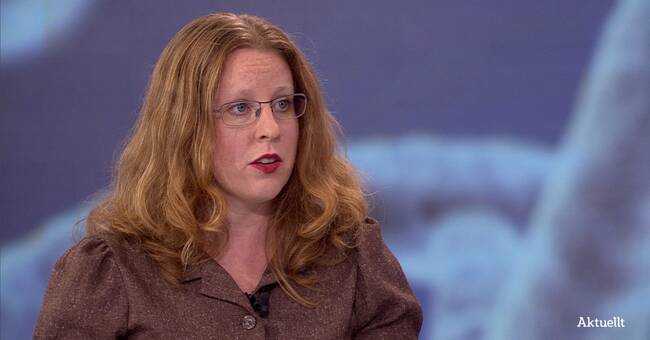One thing is certain.
Nobel laureates Emmanuelle Charpentier and Jennifer Doudna were first.
In 2011, Emmanuelle Charpentier published the discovery of how bacteria learn to recognize DNA segments from viruses and then cut the viruses when they attack again.
One year later, in June 2012, Charpentier and Doudna managed to get the genetic scissors to work in a test tube.
But just seven months later, Chinese researcher Feng Zhang published his own evidence.
He then showed that the gene scissors work in cells with a cell nucleus, for example human cells.
Patent litigation backed by the university
It also became the starting point for an infected patent battle that has been going on ever since.
Feng works at the Broad Institute, which is backed by the prestigious American universities Harvard and MIT.
Broad was the first to obtain an approved patent and Feng's evidence was also more useful for the development of medical care and for creating resilient crops.
It is also in the applications that the big money is there.
The Broad Institute has won most patent battles against the universities and institutes with which Charpentier and Doudna collaborate.
As recently as September 10, the United States Patent Court, PTAB, clarified in a partial decision that Broad has "priority" when it comes to granted patents on applications of genetic scissors in cells.
- I do not think that any of the research groups, or the universities behind them, will back down.
But the technology will also continue to develop and there will be new patents for different uses and aspects, says Torill Kornfeldt.
The discovery itself was rewarded - not the applications
Commercially, it seems to go Feng Zhang's path, but he lost the scientific honor.
Torill Kornfeldt believes that the Nobel Committee left out Feng because the chemistry prize is often about methods and techniques and that they chose to focus on the actual discovery of genetic scissors.
Crispr was also a candidate for the medicine prize.
- Had it been medicine, and more focus on applications of the technology, it might have been more motivated that Zhang would also receive the award, says Kornfeldt.

